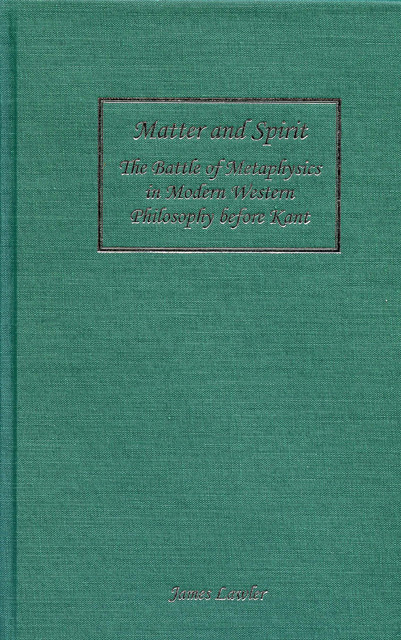9 - Contradictions of Economic Life
Published online by Cambridge University Press: 17 March 2023
Summary
THE PROTESTANT ETHIC AND THE SPIRIT OF CAPITALISM
Implicitly reflecting Adam Smith's conception of economic value, Smith's contemporary the American Benjamin Franklin (1706–90) writes that “time is money.” In his classic study, The Protestant Ethic and the Spirit of Capitalism, Max Weber summarizes this “philosophy of avarice” as “the ideal of the honest man of recognized credit, and above all the idea of a duty of the individual toward the increase of his capital, which is assumed as an end in itself. Truly what is here preached is not simply a means of making one's way in the world, but a peculiar ethic.” Weber traces the “ethic” of Franklin to the religious philosophy founded by the French-Swiss theologian John Calvin (1509–64) two hundred years earlier. According to Calvinist beliefs, the individual is predestined by God either to eternal happiness or to damnation. Economic prosperity through worldly activity is regarded as a practical sign that one is chosen by God for eternal happiness. Calvinism and related Protestant theologies, such as Puritanism, provided a set of militant beliefs for practical people who, among other things, founded the American colonies.
It seems paradoxical that a theory claiming that the individual's course of life is thoroughly predestined by God could be the basis of a powerful activism. If my fate has already been determined, why should I try to achieve anything rather than simply let events unfold? But strict theoretical implications are not always the same as the force of practical beliefs. If we believe that our actions have an all-powerful God as their source, our personal motives are strengthened both by the faith that we are carrying out an irresistible divine calling, as well as by the fear that any faltering in personal resolve is an indication that we have been eternally damned. In practical material terms, this outlook was a powerful stimulant for the tide of capitalist expansion sweeping post-feudal Europe and crashing on the shores of all other continents of the world. Paralleling the new Protestant belief that God speaks directly to the individual, the rising economic and social movement confronted the entrenched power of feudal lords, absolute monarchy, and the hierarchically structured Church of Rome.
- Type
- Chapter
- Information
- Matter and SpiritThe Battle of Metaphysics in Modern Western Philosophy before Kant, pp. 284 - 314Publisher: Boydell & BrewerPrint publication year: 2006



